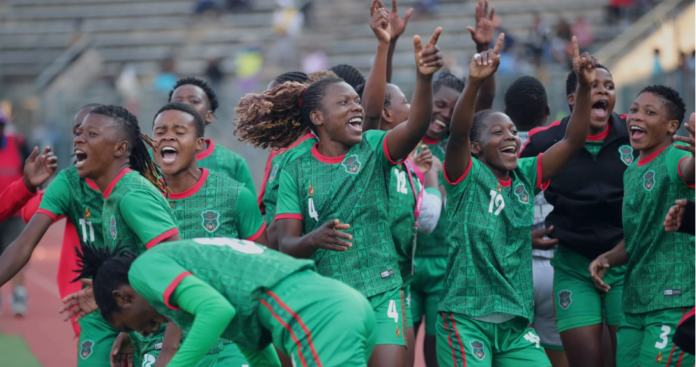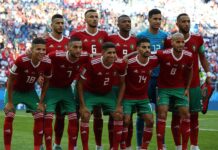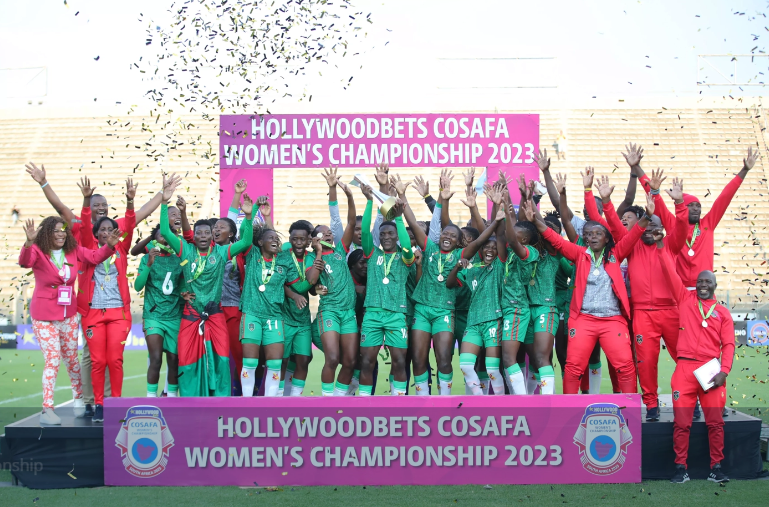
For the first time ever, Malawi were crowned COSAFA (Council of Southern Africa Football Associations) champions, thanks to a 2-1 win over defending holders and FIFA Women’s World Cup debutants, Zambia in the final. This year marked the eleventh edition of the tournament, which provides crucial playing opportunities for women’s national teams and players in southern Africa. Malawi’s triumph came at a tournament that featured two teams who had qualified for the Round of 16 of the FIFA Women’s World Cup in Australia and New Zealand: Zambia and South Africa.. Since 2017, FIFA has provided USD 1 million annually to COSAFA through its Forward programme to organise tournaments for senior women and youth (boys/girls) and USD 1.25 Million for the cycle starting in 2023.
“COSAFA is very happy with the year-on-year improvement in the level of play. This year we have seen a marked improvement by Malawi and Mozambique, as well as Eswatini and Lesotho,” said COSAFA Secretary General Sue Destombes. “This development is largely due to FIFA’s Forward grant to the Zonal Unions and the ability to organise consistent annual tournaments.” In addition to the COSAFA Women’s Championship, FIFA Forward zonal funding also supported the hosting of the COSAFA qualifying tournament for the CAF Women’s Champions League (from 30 August – 8 September 2023) in Durban, South Africa.
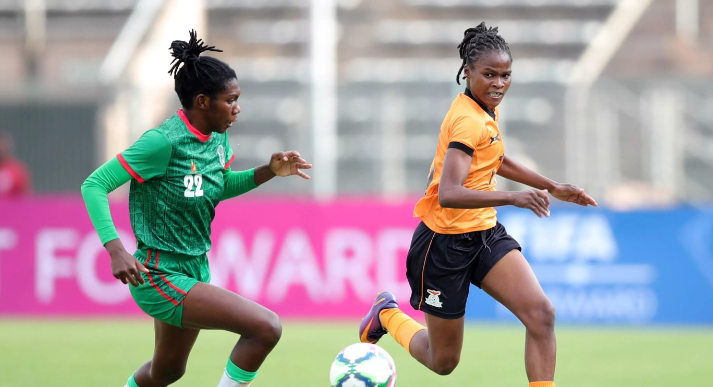
Working on initiatives that stimulate more women’s national team activity is part of FIFA and COSAFA’s ongoing commitment to promote the development of women’s football competitions and advance the professionalisation of women’s football in member associations in Southern Africa and around the world.
“We are proud that the FIFA Forward programme continues to contribute to women’s football development in the COSAFA region. The 2023 edition of the COSAFA Women’s Championship lived up to its elite status with all 12 teams performing well and new stars announcing themselves on the international stage,” says Solomon Mudege, Head of Development Programmes – Africa. “Congratulations to the Malawi women’s team who emerged victorious. It’s a fitting reward for all the efforts that the Football Association of Malawi is making for the development of talent in women’s football and providing tailored support for female football players – under the FIFA Women’s Football Development Programme and other related initiatives. “Our sincere thanks also go to CAF and COSAFA for hosting this tournament and giving teams and officials the first-ever opportunity to work with VAR at this tournament. We are committed at FIFA to women’s football development and will continue our work with CAF, the zones and FIFA member associations across Africa.”
During the tournament, COSAFA also began to implement elements of FIFA’s Women’s Health, Wellbeing, and performance project. For the fourth year in a row, Dr Nonhlanhla S. Mkumbuzi has conducted extensive research on women’s health. Her area of expertise is the health of female athletes – in particular the intersection between the biology of female athletes and the socio-economic, religious and cultural context in which they live.
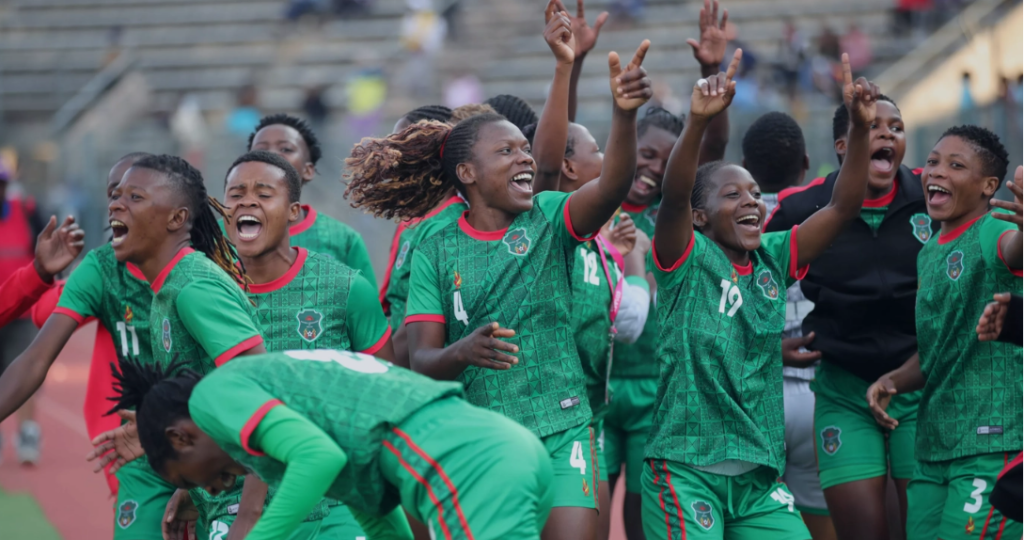
“This Project demonstrates FIFA’s dedication to increasing awareness and fostering a deeper understanding of this subject, thereby enhancing the confidence, health, well-being and performance of female players worldwide. Our goal is to highlight the importance of tailoring training and support for women, ensuring their holistic needs are met”, said Belinda Wilson, FIFA Senior Technical Development Manager.
“We know that we have a shortage of research on women and girls in sport: Most of that research has been conducted on women and girls from high income countries; women and girls from the global north,” explains Dr Mkumbuzi. And this is where her research comes in. Her main motivation is to provide a research database so that in future, more accurate decisions can be made. “Analysis where they can say for example in Africa the problem is ankle sprains; in Europe the problem is knees; in Asia the problem is concussions. Therefore, when we direct our resources for Africa, we are making sure we direct them towards the most relevant topics, instead of having a broad approach that benefits some, but doesn’t quite provide the resources that you need for everyone,” Dr Mkumbuzi continued.
“That’s where we are coming from and I think it’s a bit like Neil Armstrong. It’s a tiny little step. We hope that somewhere we have a giant leap forward with other people taking on the same type of research – but in our case it a small little contribution that we hope can then lead to smaller contributions elsewhere and collectively we have a big research database.”
